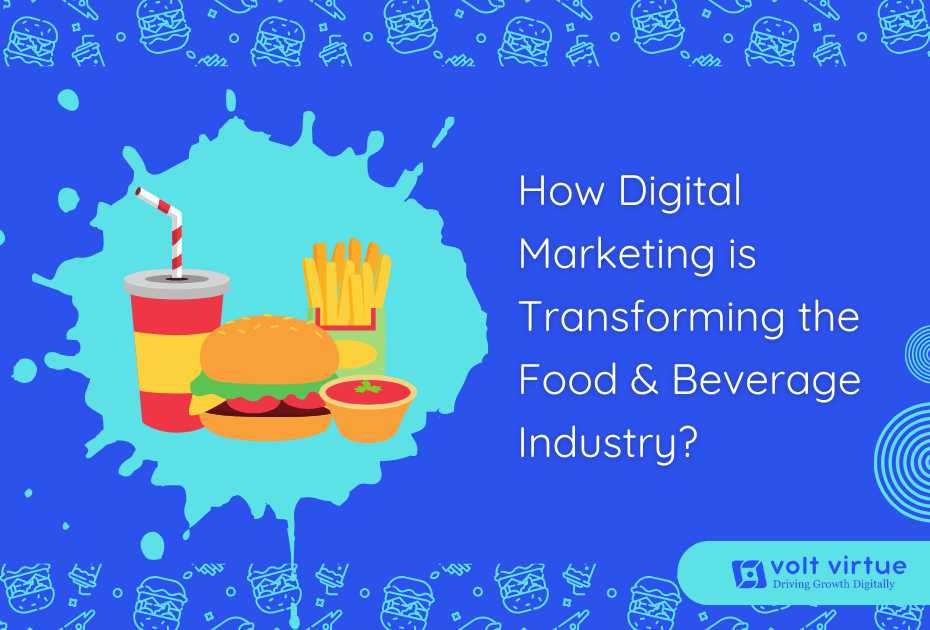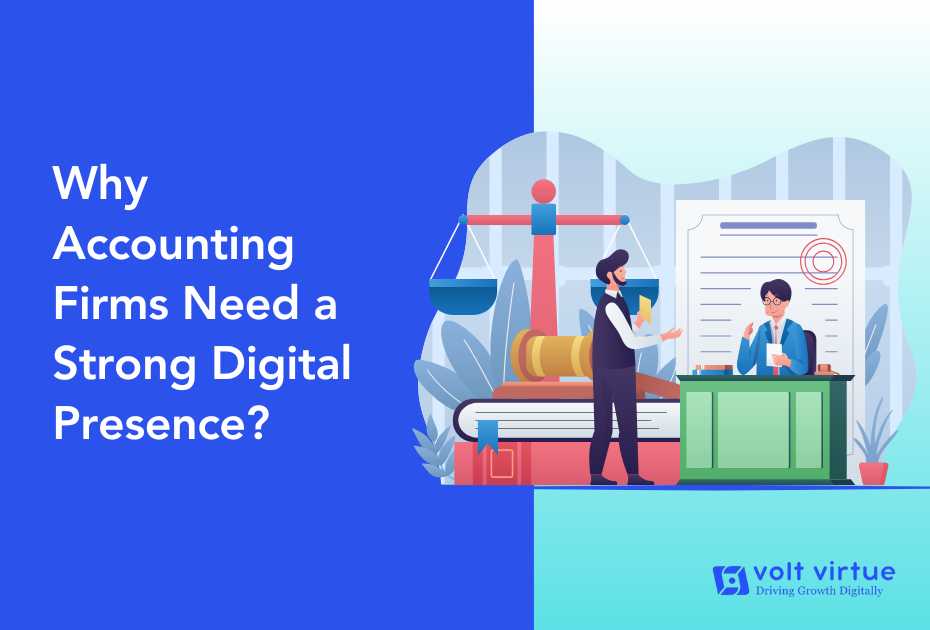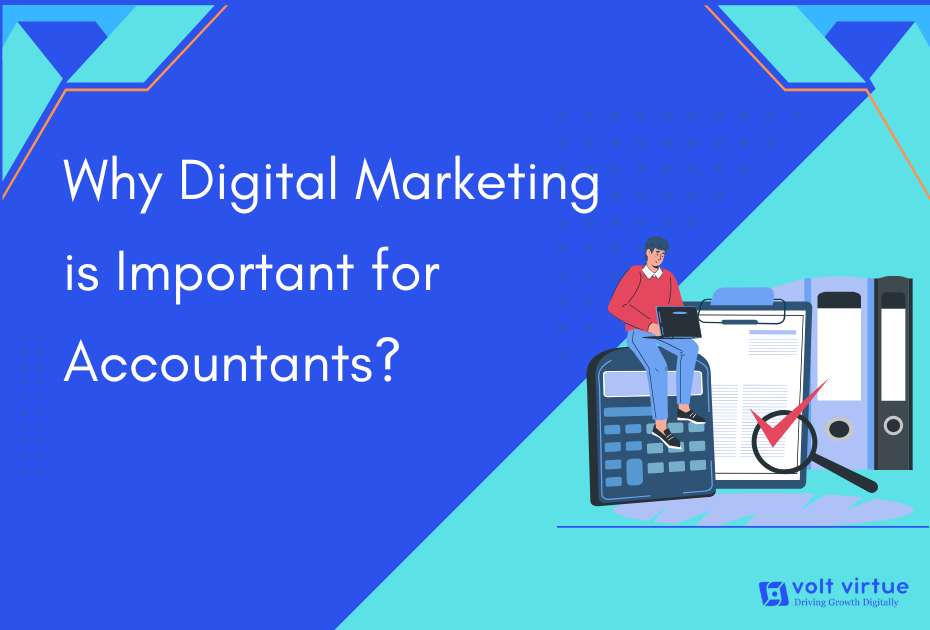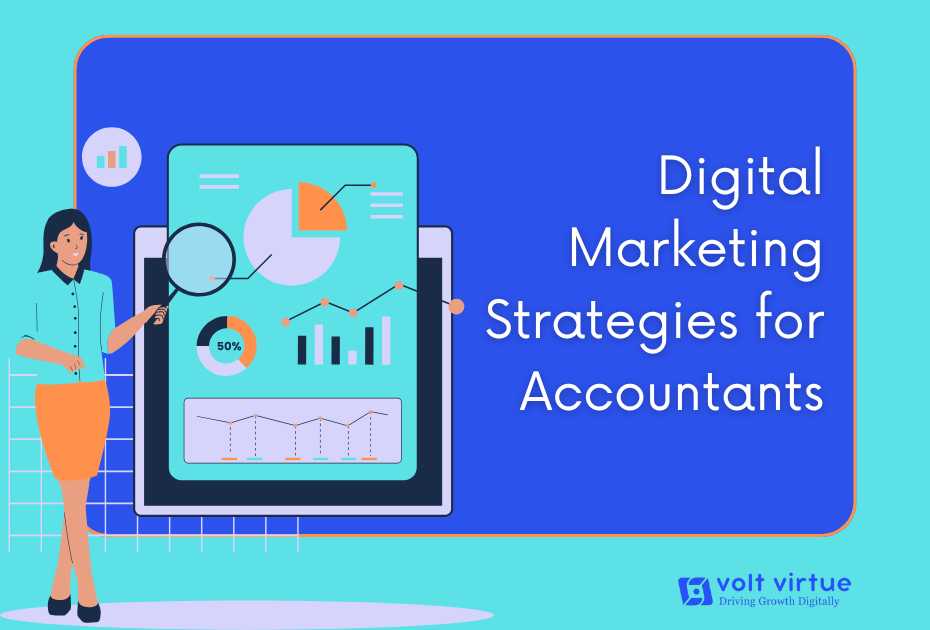
Digital transformation is revolutionizing industries worldwide, and the food and beverage sector is no exception. As technology advances and consumer preferences shift, businesses in this industry are adopting digital solutions to remain competitive and meet evolving demands. By optimizing operations, enhancing customer experiences, leveraging data analytics, and improving food safety, digital transformation unlocks significant opportunities for innovation and growth. In this blog, we explore how digital marketing is transforming the food and beverage industry and driving its future success.
What is Digital Transformation in the Food and Beverage Industry?
Digital transformation in the food and beverage industry refers to the integration of advanced technologies like artificial intelligence (AI), machine learning (ML), cloud computing, and data analytics to revolutionize business operations.
These technologies streamline internal processes, automate repetitive tasks, and enable data analysis to gain deeper insights into consumer behavior and preferences.
By leveraging this data, companies can make more informed decisions, optimize their operations, enhance customer service, and introduce innovative products that meet evolving market demands.
Why is Digital Transformation Important in the Food and Beverage industry?
Digital transformation is essential for success in the food industry, as it helps businesses operate more efficiently, meet evolving customer expectations, and ensure higher levels of food safety.
- Accurate Data Collection: Digital transformation automates key processes and integrates advanced technologies, such as smart sensors, weighing scales, and thermometers, to streamline quality checks and reduce risks. Automation ensures more precise data collection, which is essential for maintaining high standards in food production.
- Securing Products and Processes: Post-COVID-19, consumer focus on hygiene and safety has intensified. Digital tools help companies monitor expiration dates, conduct quality checks, and ensure safe packaging. With real-time tracking, businesses can manage the entire supply chain securely and efficiently.
- Increased Efficiency and Profits: Digital solutions streamline operations, making them faster and more customer-centric. Businesses can access critical data at any time, enabling them to identify challenges, address pain points, and find solutions swiftly. This leads to higher efficiency and ultimately boosts profits.
- Meeting Customer Demands: The food industry is constantly evolving, with shifting customer behaviors and preferences. Digital transformation helps businesses respond quickly to these changes. The rise of online ordering, delivery services, and other digital platforms has become a significant trend, and failing to adapt to these needs could result in lost opportunities.
How Digital Marketing is Transforming the Food & Beverage Industry?
Boost Sales
Digital marketing plays a crucial role in driving business growth by increasing sales and enhancing product visibility. By crafting visually appealing and engaging content, food businesses can attract new customers, as people are naturally drawn to aesthetically pleasing food-related content. Research indicates that food is one of the most engaging topics on social media, making it a powerful tool for marketing.
A well-structured digital marketing strategy that incorporates engaging content and social media trends can significantly boost sales and give businesses a competitive edge in the food industry. However, before launching a marketing campaign, it’s essential to address key questions: How do people discover my business? How can I attract and retain them? Since online users represent a major segment of potential customers, your strategy should focus primarily on them. By doing so, you’ll effectively expand your customer base and increase sales.
Strengthening Brand Identity
Just like in any industry, establishing a strong brand identity is essential for food businesses. The way a company presents itself shapes customer perceptions and determines its position in the market. Digital marketing provides powerful tools to help food brands build their identity, enhance their online presence, and foster customer loyalty.
A successful brand identity strategy involves creating original and engaging content, offering exceptional online customer service, and maintaining consistent interaction with your audience. Instead of imitating competitors, focus on developing a unique brand voice and aesthetic. Active social media engagement, regular content updates, and a well-maintained digital presence will reinforce brand identity and help establish a strong connection with customers.
Stand Out from the Competition
In the highly competitive food industry, having a strong and creative digital marketing strategy is essential—whether you’re a newcomer or an established brand. With countless tools and innovative ideas available, the key to success lies in crafting a unique identity that captures customers’ attention.
Rather than imitating competitors, focus on developing a distinctive brand style that aligns with your business values and vision. Consistency in branding helps position your company as an industry leader, known for innovation and originality.
Presenting your food in an aesthetically appealing way and implementing a customer-centric strategy will set you apart from the competition. By offering visually engaging content, personalized experiences, and seamless online interactions, you can build a loyal customer base and become a preferred choice in the market.
Increase Brand Popularity
In today’s digital world, businesses that fail to leverage digital marketing risk fading into obscurity. If you want to build and sustain strong brand recognition, integrating digital marketing into your daily strategy is essential.
Creating unique and engaging content, hosting interactive online events, and delivering high-quality service tailored to your brand’s identity will help boost your visibility and credibility. A well-executed digital marketing approach not only attracts new customers but also strengthens your presence in the competitive food industry, making your brand more memorable and widely recognized.
People spend a significant amount of time on social media, often searching for exciting places to enjoy delicious food and great experiences. As a business, it’s crucial to create engaging and visually appealing content consistently to capture their attention and leave a lasting impression.
Leverage digital marketing tools to amplify your reach, ensuring your brand is effectively represented across all relevant social media platforms. By utilizing the right strategies, you can enhance visibility, attract potential customers, and establish a strong online presence that sets your brand apart.
Real-time Analytics
Digital marketing allows companies to track their performance in real-time through analytics tools. By monitoring customer engagement, website traffic, and sales data, businesses gain valuable insights into the effectiveness of their marketing efforts.
This data enables companies to make more informed decisions, refine their campaigns, adjust messaging, and optimize results. Real-time analytics offer the flexibility to respond quickly to changes in the market, ensuring that businesses stay ahead of shifting consumer trends and capitalize on emerging opportunities.
Expand Your Business
Leveraging digital platforms to grow your audience and reach new customers can ultimately lead to business expansion. Since digital marketing is essential for business growth, a well-structured strategy combined with consistent efforts and smart investments can open new opportunities for scaling your brand.
By actively managing your online presence, creating engaging content, and delivering excellent customer service, demand for your products or services will naturally increase—making expansion a logical next step. Growth may involve introducing new products, entering new markets, or refining sales strategies. Digital platforms not only allow you to showcase these changes but also provide valuable insights to track their success and optimize future strategies.
Attract New Partnerships
Digital marketing is a powerful tool for fostering new business partnerships. Your online presence serves as a digital business card, showcasing your brand’s identity, values, and capabilities to potential partners. A well-crafted digital strategy enhances your credibility and increases the likelihood of collaboration opportunities.
Establishing strong industry partnerships—not just within your sector but beyond—can boost brand visibility, expand market reach, and drive sales growth. Without a solid digital marketing approach, your business risks being overshadowed by competitors who actively engage in online branding and networking. By positioning your brand effectively on digital platforms, you open the door to valuable collaborations that contribute to long-term success.
Benefits of Digital Transformation in the Food and Beverage Industry
Digital transformation offers numerous advantages to the food and beverage industry, including improved efficiency, increased customer engagement, and enhanced traceability. Here’s how these benefits impact the sector:
Improved Efficiency
Digital transformation helps food and beverage companies streamline operations, saving both time and money. Automation technologies enable faster production processes, enhance accuracy, and ensure better quality control—ultimately leading to improved products and reduced operational costs.
Increased Customer Engagement
Technologies such as AI-powered chatbots, mobile apps, and online ordering platforms empower businesses to deliver personalized experiences to customers. This fosters stronger customer loyalty, enhances satisfaction, and boosts sales by catering to individual preferences and providing convenience.
Enhanced Traceability
Blockchain technology is a game-changer in the food and beverage industry, allowing for greater traceability of ingredients. It ensures compliance with food safety regulations and provides transparency to consumers, assuring them that the products they consume are safe and responsibly sourced.
Enhances Productivity
Digital transformation streamlines tasks in the food and beverage industry by automating routine processes, allowing employees to focus on more complex and value-driven activities. This automation reduces errors and creates an environment conducive to better decision-making. Companies can track deadlines, improve communication, automate business operations, and manage inventory and accounts with greater efficiency. The ability to respond more swiftly to customer needs further boosts agility, leading to enhanced productivity across the organization.
Increases Revenue
Digital solutions also play a key role in supply chain management, helping businesses avoid common issues such as labor shortages and supply chain disruptions. With proper digital tools in place, companies can optimize inventory levels, reducing the risk of overstocking or understocking, and improving financial performance. Moreover, advanced technologies enable businesses to predict supply requirements, analyze customer behavior, and track market trends, allowing for more strategic decision-making that drives increased revenue and sustainable growth.
Conclusion
In conclusion, digital marketing has become an essential tool for promoting businesses in the foodservice industry. With a wide array of tools and strategies, businesses can create engaging content, build trustworthy relationships with customers, boost brand awareness, forge new partnerships, and improve the quality of products and services.
It’s crucial to use these tools effectively and stay on top of digital marketing trends to maintain a fresh and up-to-date presence. Engage your customers through promotions and events on digital platforms, and avoid imitating competitors. In a world where authenticity stands out, your uniqueness will be recognized and appreciated, helping your food business achieve success quickly.



